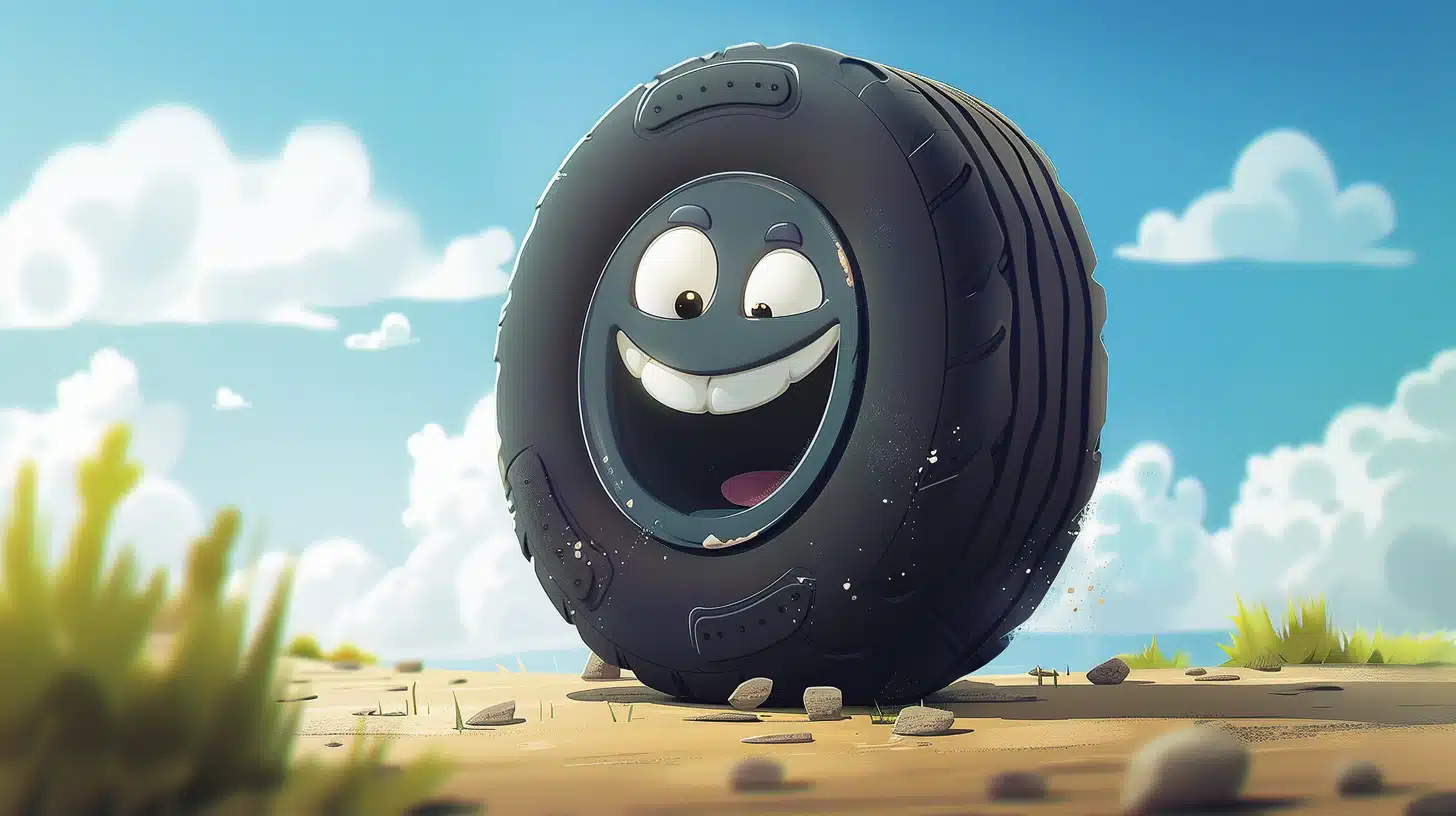
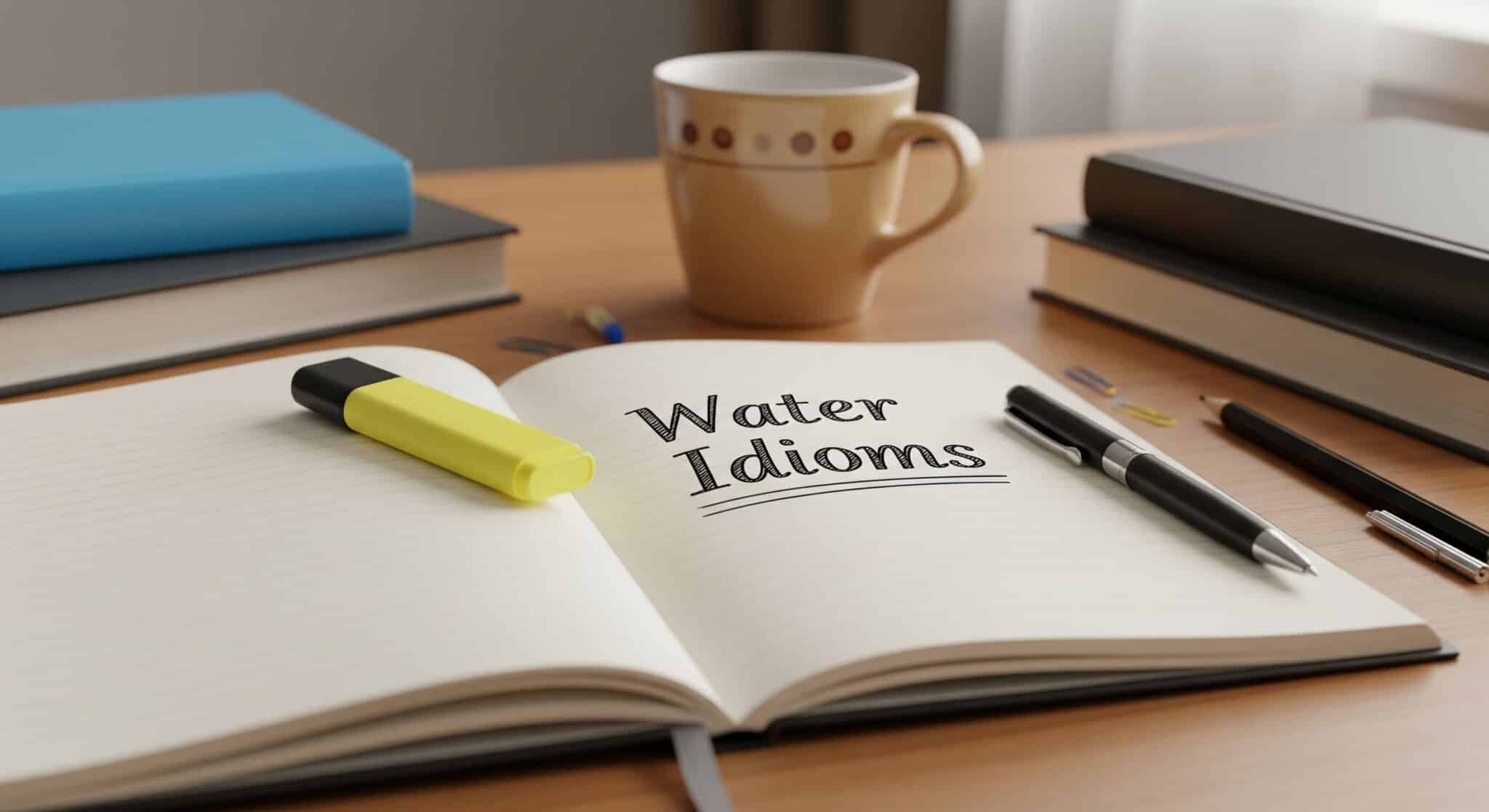
53 Water Idioms Every English Learner Should Know
53 Water Idioms Every English Learner Should Know
53 Water Idioms Every English Learner Should Know
 Anthony Robinson
Anthony Robinson
July 20, 2025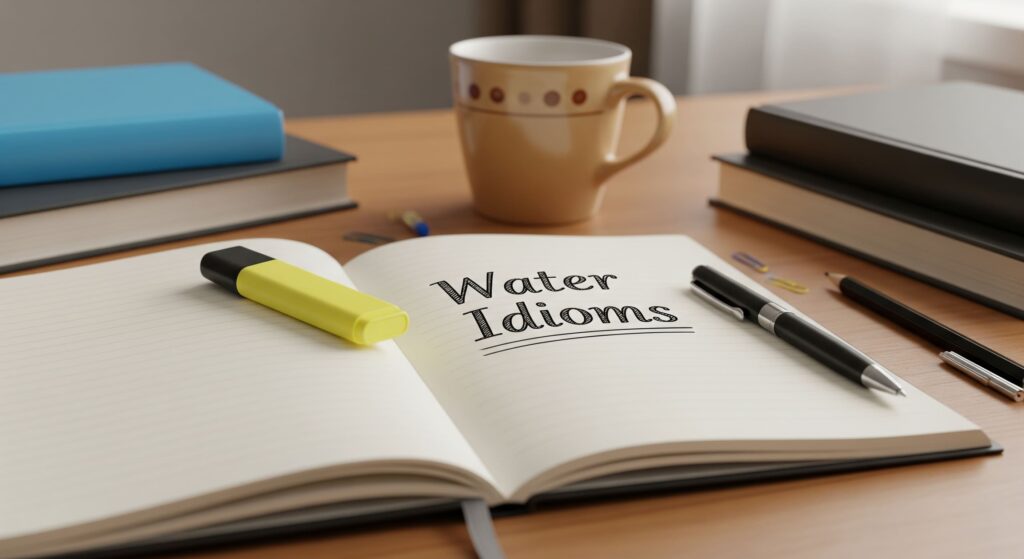 Water isn’t just essential for life; it also flows through the heart of the English language in the form of vivid, memorable idioms.
Water isn’t just essential for life; it also flows through the heart of the English language in the form of vivid, memorable idioms.
Expressions like “in hot water,” “like a fish out of water,” or “keep your head above water” add color and emotion to everyday conversations, enriching them with vivid imagery.
These phrases tap into the fluid nature of water, reflecting a range of emotions from serenity and clarity to trouble and unpredictability. They’re more than just sayings; they help paint mental pictures and bring language to life.
No matter if you’re a fluent speaker looking to add flair to your vocabulary or a learner aiming to sound more natural, understanding water idioms can greatly enhance your communication.
You’ll find them in stories, speeches, movies, and daily chats. Let’s wade in and see!
What is the significance of Water Idioms in the English Language?
Water idioms are colorful expressions that use water to represent ideas like struggle, ease, or change, often having little to do with actual water.
These phrases work so well because water is a universal, emotional, and rich in symbolic meaning. Idioms like “in hot water” or “go with the flow” create vivid mental images and are common in everyday speech. They help convey feelings or situations more naturally and memorably.
Understanding these expressions not only improves communication and comprehension but also adds personality to your language.
Many of these idioms even reflect our deep cultural and historical connection to water through storytelling and tradition.
Water Idioms for Life’s Challenges and Growth
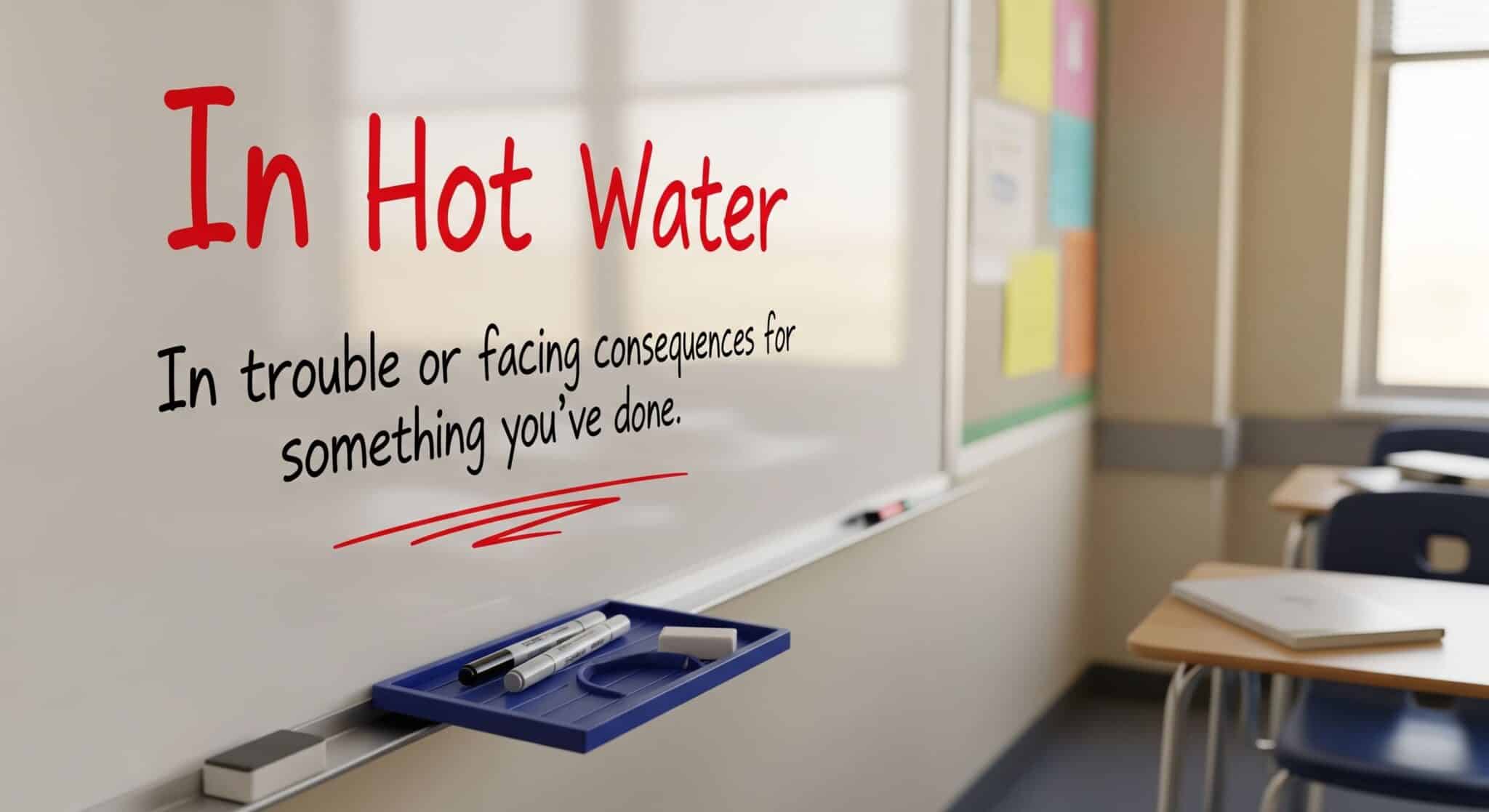 When life gets rough, these idioms help describe stress, discomfort, or major setbacks with clarity and color. They’re perfect for expressing emotions and situations that feel overwhelming or out of control.
When life gets rough, these idioms help describe stress, discomfort, or major setbacks with clarity and color. They’re perfect for expressing emotions and situations that feel overwhelming or out of control.
1. In Hot Water
Meaning: In trouble or facing consequences for something you’ve doneExample: “Jake found himself in hot water after posting confidential company details online.”
2. In Deep Water
Meaning: In a serious or difficult situation that’s hard to handleExample: “The company is in deep water after the financial scandal broke”.
3. Dead in the Water
Meaning: Completely stopped, failed, with no hope of successExample: “After losing their main investor, the startup project was dead in the water”.
4. Like a Fish Out of Water
Meaning: Feeling uncomfortable or out of placeExample: “John felt like a fish out of water at the formal business dinner”.
5. Out of Your Depth
Meaning: In a situation too complex for your abilityExample: “I was completely out of my depth in the advanced programming course”.
6. Test the Waters
Meaning: Try something cautiously to see if it worksExample: “Before launching nationwide, they decided to test the waters in three cities”.
7. Dip Your Toe in the Water
Meaning: Try something very cautiously or brieflyExample: “I’m going to dip my toe in the water with online trading before investing seriously”.
8. Uncharted Waters
Meaning: An unfamiliar or risky situationExample: “Working from home permanently is uncharted waters for our company”.
9. Like Water Off a Duck’s Back
Meaning: Criticism that doesn’t affect someoneExample: “The harsh reviews were like water off a duck’s back to the confident performer”.
10. Pour Cold Water On
Meaning: Discourage or criticize someone’s ideaExample: “Don’t pour cold water on her dreams of becoming an artist”.
These idioms lend everyday struggles a vivid voice, enabling you to describe uncertainty, stress, and resilience with natural imagery and relatable phrases.
Moving On,Growing,and Achieving Success
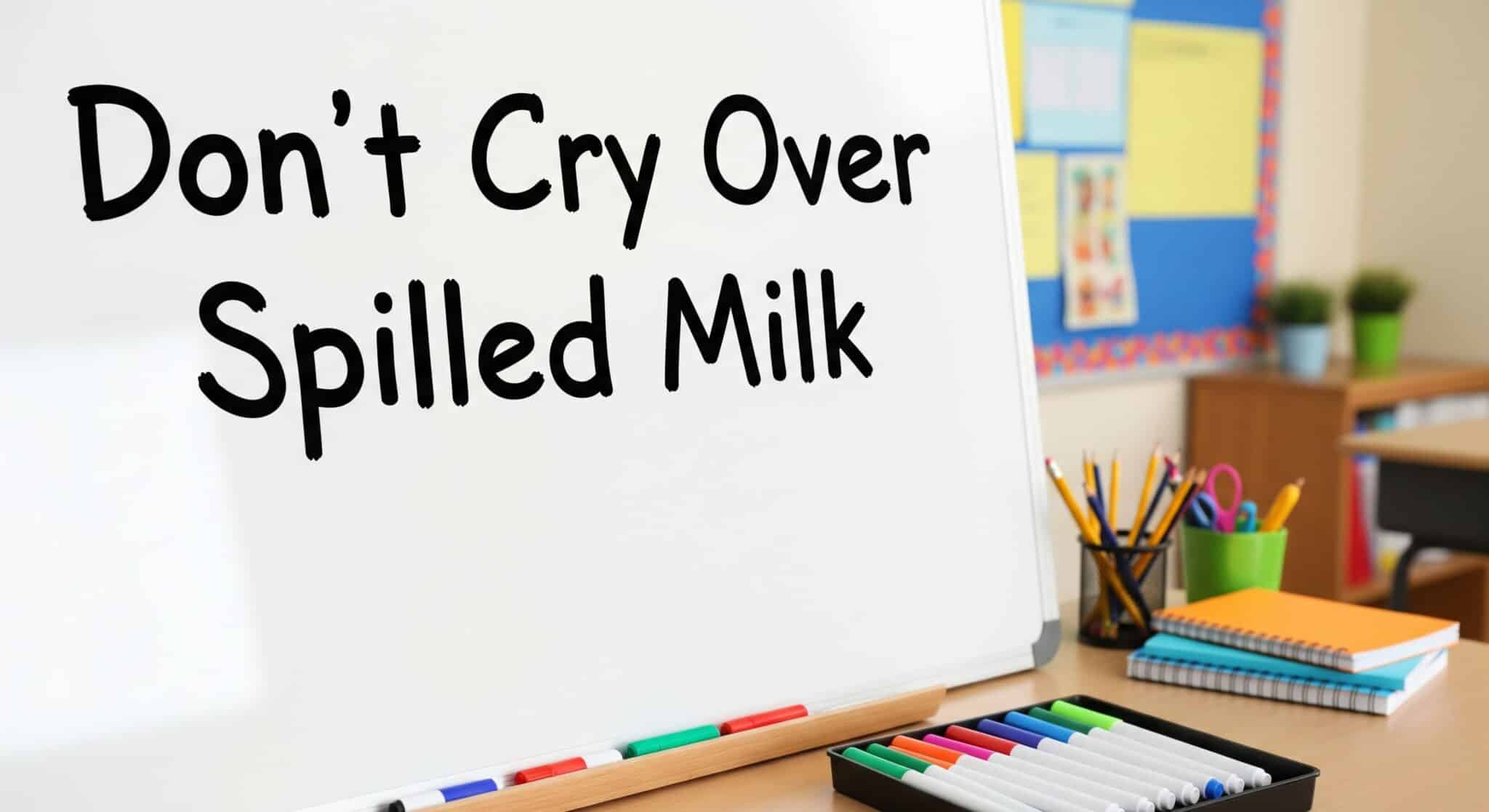 From letting go of the past to embracing new talents or achieving great success, these idioms demonstrate growth, resilience, and natural ability.
From letting go of the past to embracing new talents or achieving great success, these idioms demonstrate growth, resilience, and natural ability.
11. Water Under the Bridge
Meaning: Past events that no longer matterExample: “Yes, we had disagreements, but that’s all water under the bridge now”.
12. Don’t Cry Over Spilled Milk
Meaning: Don’t stress about something you can’t changeExample: “The presentation didn’t go well, but don’t dwell on the past”.
13. Throw the Baby Out with the Bathwater
Meaning: Remove something valuable while trying to get rid of the badExample: “Firing the whole team would be throwing the baby out with the bathwater”.
14. Keep Your Head Above Water
Meaning: Barely manage or survive, often financiallyExample: “With two part-time jobs, Maria is barely keeping her head above water”.
15. Money Down the Drain
Meaning: Wasted moneyExample: “Buying that expensive software was a waste of money”.
16. Spend Money Like Water
Meaning: Spend freely or carelesslyExample: “During the boom years, they spent money like water”.
17. Like a Duck to Water
Meaning: Learn or adapt quickly and naturallyExample: “She took to coding like a duck to water”.
18. Smooth Sailing
Meaning: Easy progress with no troubleExample: “Once we fixed the bugs, the project was smooth sailing”.
19. Make Waves
Meaning: Cause impact or stir things upExample: “The new CEO is making waves with her policies”.
20. Blow Out of the Water
Meaning: Defeat or outperform drasticallyExample: “Their presentation blew the competition out of the water”.
21. Make a Splash
Meaning: Get a lot of attentionExample: “The restaurant made a splash with its fusion menu”.
22. Still Waters Run Deep
Meaning: Quiet people often have deep thoughtsExample: “Don’t underestimate Tom, still waters run deep”.
23. Go with the Flow
Meaning: Adapt to what’s happeningExample: “We decided to go with the flow when plans changed”.
24. Turn on the Waterworks
Meaning: Start crying to get sympathyExample: “When she didn’t get her way, she turned on the waterworks”.
If you’re bouncing back or soaring ahead, these idioms capture personal growth, confidence, and momentum in a way that feels fresh, real, and inspiring.
Water Idioms in Work Culture and Everyday Talk
 These professional, cultural, and global water expressions add flair to business speech and deepen your understanding of how language flows across regions.
These professional, cultural, and global water expressions add flair to business speech and deepen your understanding of how language flows across regions.
25. Muddy the Waters
Meaning: Make something more confusingExample: “Adding new rules will muddy the waters for everyone”.
26. Water Cooler Talk
Meaning: Casual office gossipExample: “The promotion rumors started as water-cooler talk”.
27. Pour Oil on Troubled Waters
Meaning: Calm a tense situationExample: “The manager poured oil on troubled waters during the meeting”.
28. Hold Water
Meaning: Be logical or make senseExample: “His excuse doesn’t hold water”.
29. Water Down
Meaning: Make less effectiveExample: “They watered down the report to avoid conflict”.
30. Fish in Troubled Waters
Meaning: Benefit from chaosExample: “Some investors are fishing in troubled waters right now”.
31. Come Hell or High Water
Meaning: No matter what happensExample: “Come hell or high water, we’ll finish this”.
32. Watering Hole
Meaning: A bar or pubExample: “Let’s meet at our favorite watering hole”.
33. High and Dry
Meaning: Left without helpExample: “They were left high and dry when the deal fell through”.
34. Blood Is Thicker Than Water
Meaning: Family comes firstExample: “Blood is thicker than water, so they reconciled”.
35. Carry Water For
Meaning: Do someone else’s work or biddingExample: “I’m tired of carrying water for my coworker”.
36. Like Oil and Water
Meaning: Things or people that don’t mixExample: “Those two are like oil and water”.
37. Cast Your Bread Upon the Waters
Meaning: Do good without expecting returnExample: “She volunteers often, casting her bread upon the waters”.
38. Walk on Water
Meaning: Do something impossibleExample: “He expects me to walk on water”.
39. Tread Water
Meaning: Maintain without progressExample: “The business is just treading water”.
40. Fish or Cut Bait
Meaning: Make a decisionExample: “It’s time to fish or cut bait on this deal”.
41. Big Fish in a Small Pond
Meaning: Someone important in a small groupExample: “He’s a big fish in a small pond”.
42. Plenty of Fish in the Sea
Meaning: Many other optionsExample: “There are plenty of fish in the sea”.
43. A Drop in the Ocean
Meaning: A small part of a big needExample: “That donation is just a drop in the ocean”.
44. Skating on Thin Ice
Meaning: In a risky positionExample: “He’s skating on thin ice with his boss”.
45. Break the Ice
Meaning: Start a conversationExample: “Tell a joke to break the ice”.
46. Tip of the Iceberg
Meaning: Small part of a bigger problemExample: “Those errors are just the tip of the iceberg”.
47. In Full Flow
Meaning: Performing at full speedExample: “She was in full flow during the pitch”.
48. Go Against the Tide
Meaning: Oppose popular trendsExample: “He went against the tide with his vote”.
49. Stem the Tide
Meaning: Stop or slow something badExample: “They stemmed the tide of resignations”.
50. Turn the Tide
Meaning: Change events for the betterExample: “The new policy turned the tide”.
51. Ride the Wave
Meaning: Use momentum to your advantageExample: “They’re riding the wave of social media buzz”.
52. Make a Splash
Meaning: Get a lot of attentionExample: “The campaign made a splash nationwide”.
53. Sink or Swim
Meaning: Succeed or fail by your own effortsExample: “It’s sink or swim in this role”.
These idioms flow through professional settings, casual chats, and cultural expressions, making your communication feel more natural, expressive, and globally connected.
Scenario Based Exercises for Day-To-Day Practice
The best way to master water idioms is to apply them in realistic situations. These practice scenarios will help you understand when and how to use each expression naturally.
Scenario 1: Workplace Conflict
Use: “Pour oil on troubled waters,” “water under the bridge,” “muddy the waters”
Example: “Let’s not muddy the waters by bringing up old issues. What happened before is water under the bridge. We need someone to pour oil on troubled waters.”
Scenario 2: Learning Something New
Use: “Test the waters,” “like a duck to water,” “out of my depth”
Example: “I’ll test the waters with basic coding first. If I take to it like a duck to water, I’ll advance. If I’m out of my depth, I’ll try something else.”
Scenario 3: Financial Difficulties
Use: “Keep head above water,” “money down the drain,” “dead in the water”
Example: “We’re barely keeping our heads above water. That expensive marketing campaign was money down the drain, and now the project is dead in the water.”
Try creating your own examples using these idioms. Practicing in context helps build fluency and confidence in both speaking and writing.
Tips for Using Water Idioms Like a Pro
Want to sound more fluent and natural when using water idioms? These quick pointers will help you build confidence, avoid awkward phrasing, and smoothly blend idioms into your daily conversations.
Start Small by learning 2–3 idioms and practicing them in context.
Listen actively and notice how native speakers use idioms in their daily speech.
Watch context and choose idioms that fit the tone, whether formal or casual.
Practice daily by challenging yourself to incorporate one idiom into your conversation each day.
Know Your Audience, as some idioms may confuse non-native speakers, explain if needed.
With regular practice and awareness of these tips, water idioms can become a natural and expressive part of your English.
Wrapping it Up
Water idioms are some of the most expressive tools in the English language. They help describe challenges, talents, emotions, and everyday situations with vivid imagery.
In this blog, we’ve looked into powerful expressions, from being “in hot water” to making a “splash” or letting things become “water under the bridge.” These phrases add color, clarity, and connection to your conversations.
Start small by using one or two in casual chats or writing. With time, they’ll feel natural, and your English will sound more fluent and confident.
Don’t worry if you feel unsure at first, like a fish out of water. Keep practicing, and soon you’ll use them like a duck to water, smoothly and effortlessly.
X





